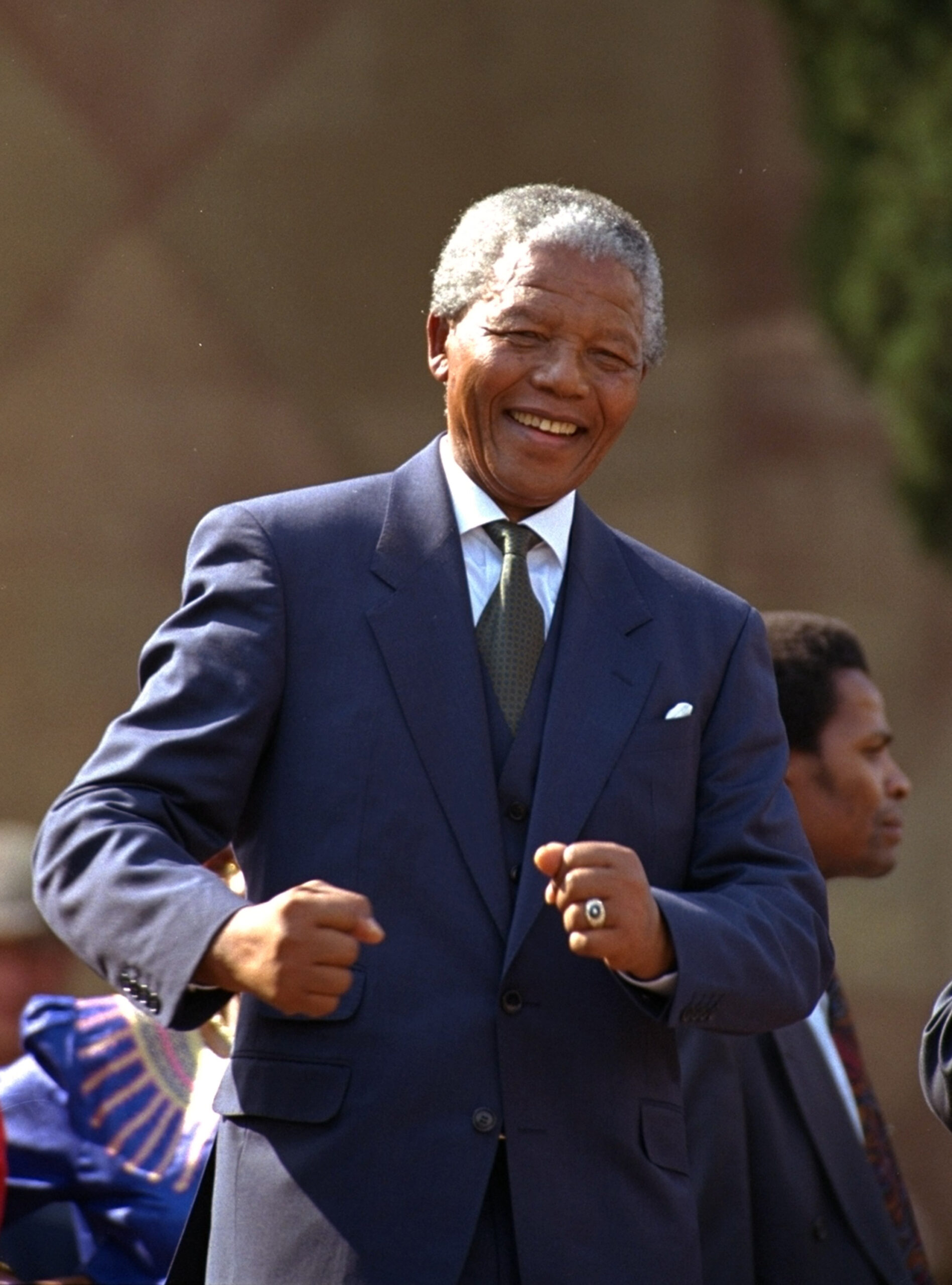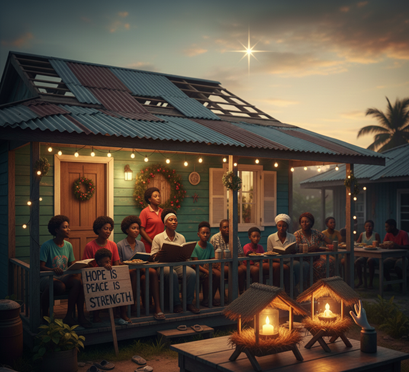
The spirit of Machiavelli has always had a niche in world politics. Tyrants have always managed to find a place on the podiums of victory due to their brutality and their depravity, with plaudits which were inspired only by hell and yet blindly and brazenly extolled and celebrated by man. And these have engendered cynical undercurrents with respect to politics, whether local or international in nature.
The stains left by those with a heavy pungent odour of corruption often serve as unattractive barbs of discouragement to enter public life by those possessing requisite skills and the temperament to carry out assigned tasks in the best interests of the populace, with alacrity and with an unswerving sense of integrity. Such an exemplar of statesmanship was none other than Nelson Mandela, Madiba, the first democratically elected president of the Republic of South Africa.
It is true that some public officials, the world over, including those in Jamaica and here in the United States, possess an uncanny ability to survive one political scandal after another and still manage to find themselves at the very apex of the pyramid of public opinion. Without exaggeration or hyperbole, it would not be out of line to say that the esteem of such despicable public servants among the electorate sometimes defy the tenets of accepted logic and those of the universal principles of honesty and decency. But Mr. Mandela is part of a cadre of world leaders who have set a positive and progressive tone.
Madiba, Mr. Mandela’s clan name, comes to mind not only because of this writer just having completed his autobiography, Long Walk To Freedom, but of him coming from a continent of nations that was denigrated in the basest of human terms — and unjustly so — by a former U.S. president.
We have politicians within the land of my birth, within the Caribbean, right here within the United States and in the rest of the world who, in the name of justice, of love and of peace foment the very opposite of these virtues with pettiness and cantankerousness. They are no better than children playing in a schoolyard, but without much-needed adult supervision and, unfortunately, having within their grasp the place and the power to carry out acts of vengeance against their political enemies real and imagined.
But how would such men and women have reacted had they been shut away in a cold, hard and obscure prison for over 27 years? How would they have managed to resist insults and acts of degradation for a span of almost three generations? How would they have kept their sanity every time news came of the hardships their spouses and children had to endure without them being in a position to lend a hand towards their protection and comfort? Would they be able, when power is bestowed upon them to rule, to hold their anger and vengeance at bay for the good of the nation?
This writer is not so sure that he could, and that is, perhaps, why he has not entered the world of politics. That being said, he wishes that many who find themselves in public life had such an awareness of self. He is, nonetheless, quite grateful that Madiba had.
Mr. Mandela stated that he was no angel and often spoke of himself, despite his fine qualities, in self-deprecating terms. He had many years, he said, to ponder who he had been in the struggle against Apartheid in South Africa and upon the missed-steps that he and his fellow comrades in that struggle for political freedom for his people had made.
Having survived a possible sentence of death by hanging for treason, sentenced to life instead, what could he have done differently were he and his comrades made free and given the reins of power? This writer, perhaps, might have been so overcome by anger and bitterness that he would not have been of any use to himself let alone others — a shell of himself. But, Madiba not only survived, he thrived, and then demonstrated to all South Africans and to the world the results of his introspection and of the refining of his mettle as one tried by fire.
There are concerns as to how well the world of politics has progressed since the time of Madiba. But, if he could do it, then politicians in Jamaica, in the Caribbean, in the U.S and in the rest of the world can do it as well. Madiba was no angel, but he found the sanctification for public service when it was most needed.
One of the U.S. presidential candidates who loves to disparage Black people as a race and to put down their accomplishments often engages in self-promotion, without the necessary facts to back up his claims. Is he respected by his political opponents? No, but Mr. Mandela was. Is he able to bring the most unlikely people together in relative peace and harmony? No, but Mr. Mandela was able to do so. To date, has there ever been any discussion about him getting the Nobel Peace Prize? No, but Mr. Mandela had? Has he been invited to address the British Parliament, which had played a role in keeping Apartheid in place? No, but Mr. Mandela had. Did he stop hundreds of angry and misled people from storming the Capitol? No, but Mr. Mandela did so for all of South Africa, angered by the assassination of a well-beloved son in the person of Chris Hani, a murder which had put the peaceful negotiations for a new and a free South Africa at risk, which could have plunged the country into a bloody racial, civil war.
What say we of a man who won international acclaim without having sought them, hosted by monarchs, by presidents, by prime ministers and by adoring children? What say we of a man upon whom many awards were bestowed, including honorary doctoral degrees?
During his life, Mr. Mandela was awarded honours including international honours, awards of courage and humanitarianism.
These included: the Sakharov Prize which honoured Mr. Mandela for his dedication to improving the lives of those in South Africa in 1998; the United Nations Prize in the Field of Human Rights given to those who promote and protect human rights throughout the world.
The Bharat Ratna, the highest civilian Indian award was given to him for exceptional service in 1990. The Lenin Peace Prize was awarded to him in 1990; the Nishan-e Pakistan — a civilian award — was given by the Government of Pakistan in 1992; the Nobel Peace Prize was given to him for his peaceful anti-Apartheid protests and revolt against the discriminatory policies of the apartheid regime in 1993, and the Philadelphia Liberty Medal — an award given by the National Constitution Center of the United States — was presented to him in 1993.
What of the Time Person of the Year for his work promoting equal rights in South Africa in 1993, the Congressional Gold Medal given by the Congress of the United States in 1998, the Gandhi Peace Prize — named after Mahatma Gandhi which honours those who transform societies in non-violent and peaceful approaches — bestowed in 2002, the Presidential Medal of Freedom — which is the highest civilian award one can be granted from the President of the United States — given in 2002, the Arthur Ashe Courage Award — presented by ESPN to those who transcend sports — in 2009, and the Queen Elizabeth II Diamond Jubilee Medal bestowed in 2012? In the final analysis, character does matter, it really does.



